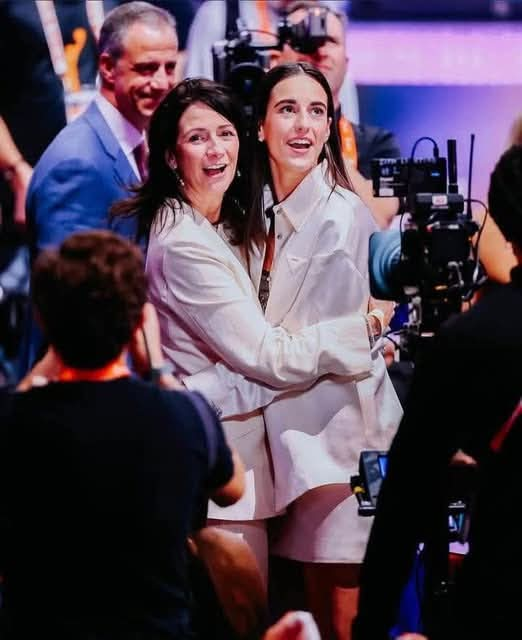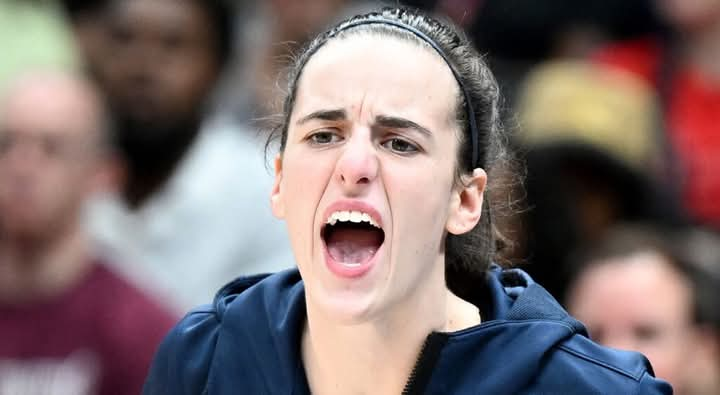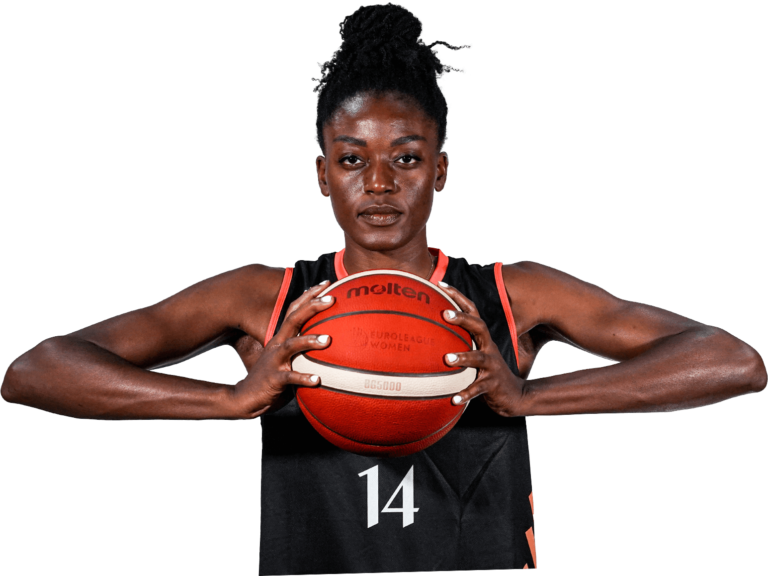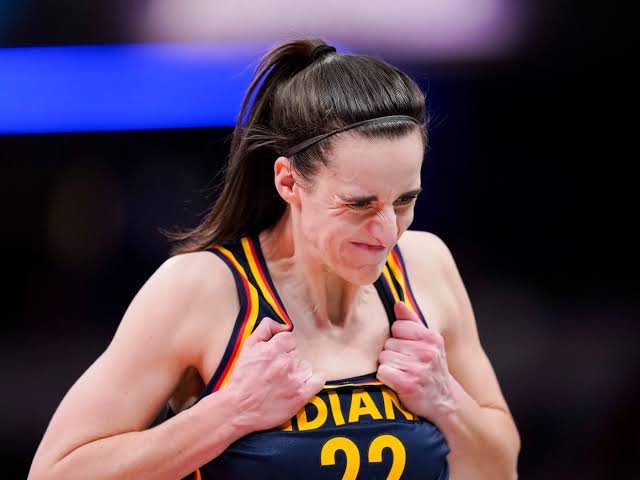
Caitlin Clark, the rising icon of the WNBA, has once again captured headlines, but this time, it’s not just her on-court brilliance making waves. Clark’s recent decision to turn down an invitation to participate in the NBA All-Star Weekend’s Three-Point Contest has sent shockwaves through the basketball community. While many saw this as a golden opportunity for greater exposure, Clark instead chose to prioritize the growth of women’s basketball, a move that has drawn both admiration and intense discussion about the future of the sport.
Clark’s choice comes at a time when women’s basketball is experiencing unprecedented growth, thanks in large part to her own influence. By opting out of the NBA event, she has made a powerful statement—WNBA players don’t need validation from men’s leagues to prove their worth. Instead, she has emphasized the importance of elevating the WNBA’s own All-Star events, ensuring that attention and resources remain focused on the league she has helped propel into the mainstream. The move has been met with widespread praise, even earning respect from some of her past critics who now acknowledge her unwavering commitment to the sport.
However, not everyone agrees with her decision. Some believe that Clark missed a rare opportunity to bridge the gap between the NBA and WNBA, potentially drawing new fans to women’s basketball. Critics argue that the visibility she could have gained on such a massive platform would have only strengthened the WNBA’s brand. Others have suggested that her move highlights the ongoing struggle for recognition, as it raises questions about whether female athletes must reject men’s basketball events to prove their independence.
Despite the debate, Clark remains steadfast in her mission. She has repeatedly emphasized that the WNBA deserves its own spotlight and that growth must come from within. Her stance has sparked conversations across sports media, with many analysts now questioning how leagues can better support women’s basketball without relying on cross-promotional efforts from the NBA. Clark’s decision may mark a turning point in how female athletes position themselves in the broader sports industry.
As the conversation continues, one thing is clear—Caitlin Clark isn’t just changing the game on the court; she’s reshaping the entire narrative around women’s sports. Her decision to decline the NBA invitation is more than just a personal choice—it’s a statement about the future of the WNBA and the fight for true equality in basketball. Whether this move sets a new precedent or remains a singular act of defiance, it has undeniably reinforced Clark’s legacy as a trailblazer determined to elevate women’s basketball on her own terms.






